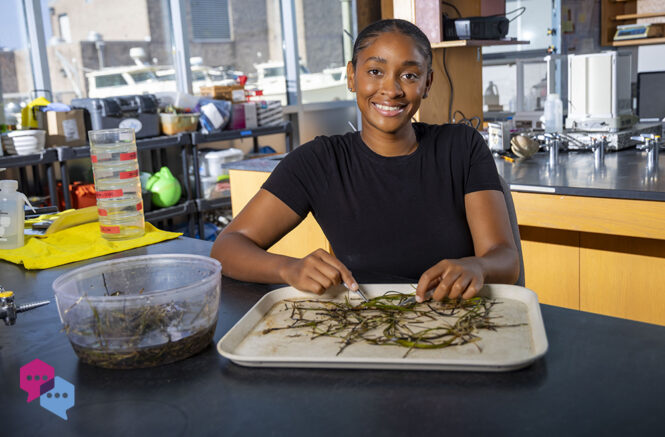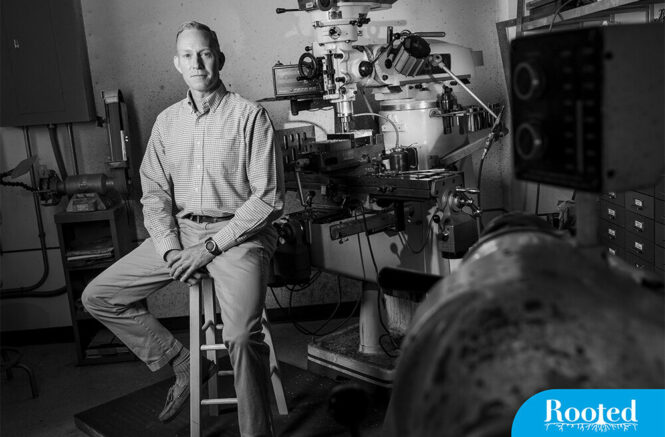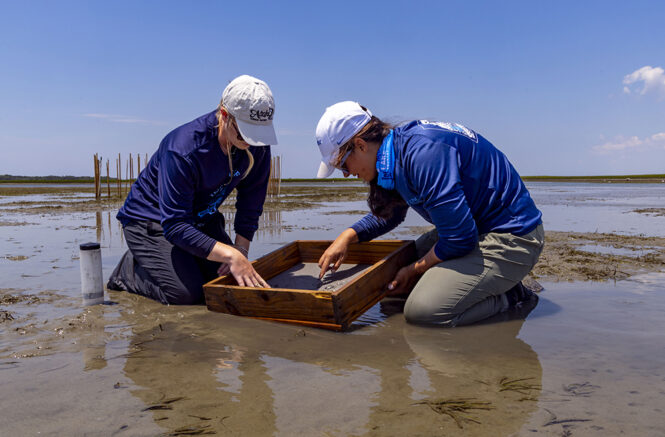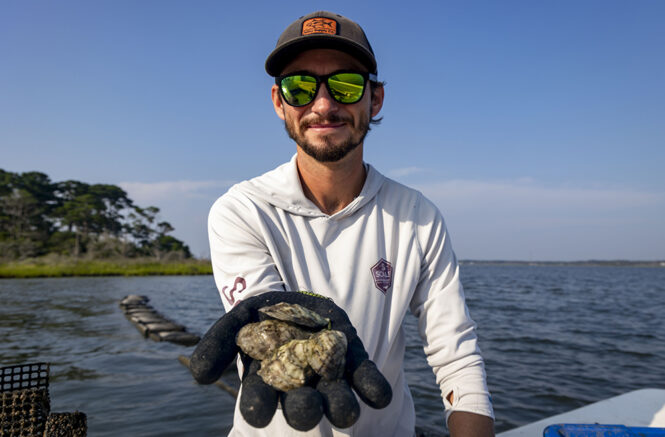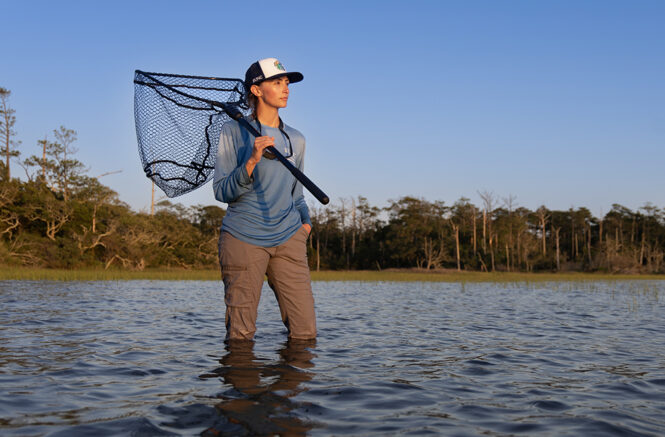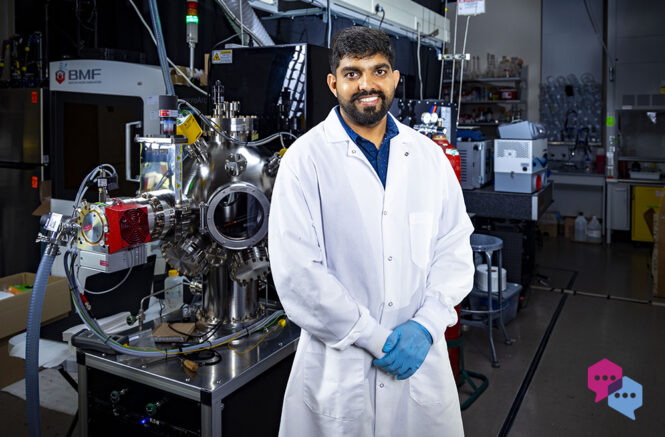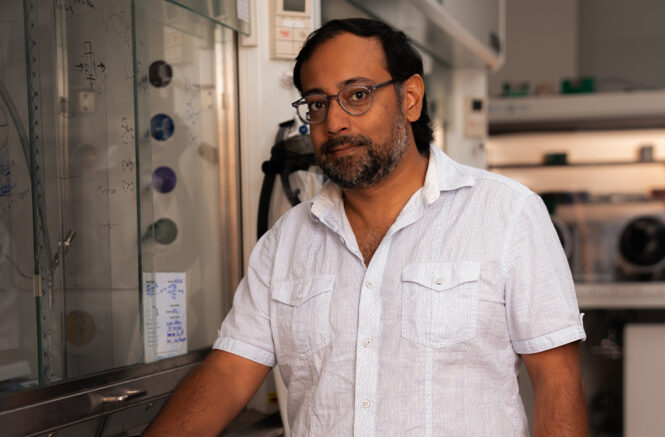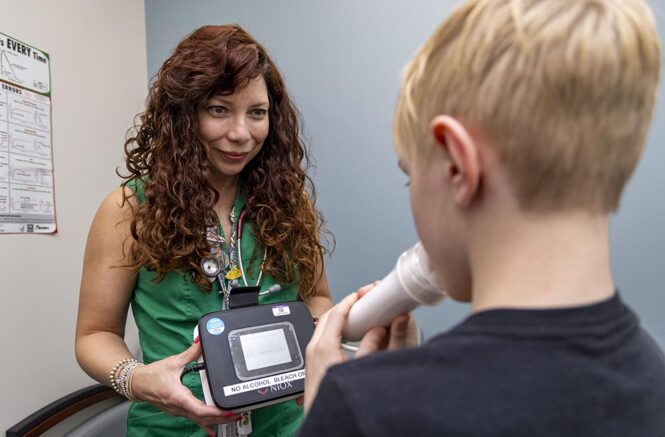This Site is an Archive
Endeavors has become UNC Research Stories. Read articles before 2025 here, and find new content at the UNC Research website.
RUNC: Kamya Bates
Kamya Bates studies one of the coast’s most valuable resources: seagrass.
Rooted: Jim Mahaney
Jim Mahaney has been contributing to research at Carolina for 28 years.
Casting Lines, Catching Data
Sally Dowd blends scientific data with angler observations to protect ocean predators, the ecosystems they support, and the communities that depend on them.
Where the Seagrass Grows
Heather Bruck and Nadya Gutierrez study how shrinking seagrass meadows could threaten the future of vital underwater ecosystems.
The Shellfish Sleuth
Colin Eimers is investigating why so many N.C. oysters die off each year — and how to stop it before farmers lose entire harvests.
Marine Crossroads
Alexis Longmire is exploring how manmade coastal barriers affect predator movement, seagrass, and the future of waterfront communities.
RUNC: Sachin Kadian
Sachin Kadian develops microneedle technology to make health monitoring and treatment more accessible, comfortable, efficient, and less invasive.
Rooted: Fei Yu
Fei Yu has spent the past decade transforming library services and advancing digital health technology.
Flooded Futures
Flood researchers Antonia Sebastian and Miyuki Hino are reshaping how the Southeast prepares for storms.
Curbing Overdose Deaths
Nabarun Dasgupta analyzes street drugs nationwide to uncover dangerous contaminants and prevent overdoses.
Breathing Beyond Barriers
Michelle Hernandez is leading asthma research in rural communities across North Carolina to make care and clinical studies more accessible.




